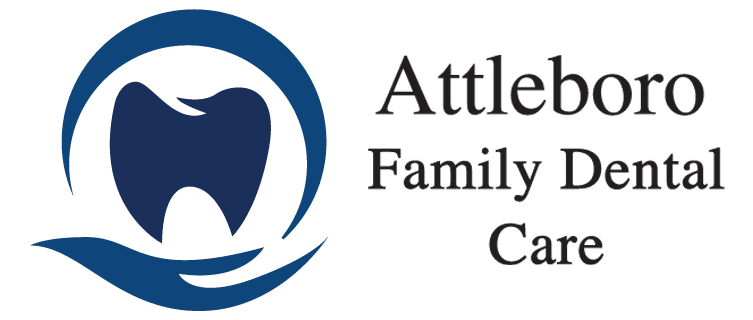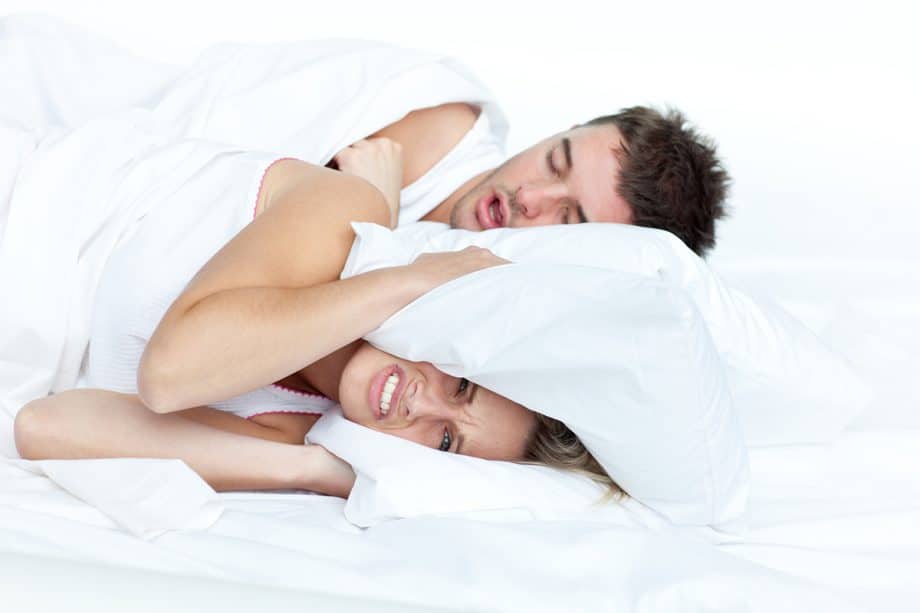Sleep apnea is a condition characterized by loud snoring and poor quality sleep. Many people suffer from sleep apnea without even knowing that they have it. You may wake up feeling tired, lack energy during the day, and even doze off at inopportune times.
The good news is that sleep apnea can be treated. There are a variety of treatment options that can eliminate sleep apnea symptoms and help you get a better night’s rest.
What Causes Sleep Apnea?
When you lay down at night and fall asleep, the soft tissues of your mouth and throat can relax and slide back to obstruct your airway. As you breathe in and out, the tissues vibrate which is what causes the snoring sound. In the case of sleep apnea, the airway becomes blocked and you stop breathing completely for seconds at a time. Your brain eventually registers the fact that you have stopped breathing, and rouses you out of your sleep cycle so that you can move your mouth or change positions and start breathing again. This interruption to your natural sleep cycle is what causes you to feel tired and lack energy.
How Do I Know If I Have Sleep Apnea?
The most common symptom of sleep apnea is snoring. If you’ve ever been told that you snore, you may have sleep apnea. Mild, occasional snoring may not be a problem. But if your snoring is also accompanied by low energy and frequent sleepiness, your condition is significant enough to require treatment.
How is Sleep Apnea Diagnosed?
The first thing to do if you believe you have sleep apnea is to schedule a consultation with your dentist. Dentists specialize in oral health, including conditions of the soft tissues of the mouth that can be the cause of sleep apnea. Your dentist can evaluate your mouth and throat to determine whether or not sleep apnea is a problem for you.
How is Sleep Apnea Treated?
Whether or not sleep apnea can be treated or cured completely depends on your situation. In some cases, surgery to remove the tonsils and adenoids can relieve the airway obstruction causing your sleep apnea. Surgery may be able to fully cure the condition. Other, less invasive options include an oral appliance or a CPAP machine.
An oral appliance can be used to reposition the mouth and jaw to prevent the obstruction to the airway. Oral appliances can be custom made to fit comfortably. They are compact and lightweight for easy traveling.
A CPAP (Continuous Positive Airway Pressure) machine is designed to treat sleep apnea by forcing air into the airway to keep it open. It consists of a mask you wear over your mouth and nose that is connected by a tube to a machine that produces air. You use your CPAP machine whenever you sleep to prevent sleep apnea symptoms.
Oral Appliance vs CPAP: Which is Better?
If your sleep apnea can be treated with an oral appliance, most patients find this method to be preferable to a CPAP machine for a variety of reasons. The oral appliance is smaller and more comfortable. It is easy to travel with and is silent. On the contrary, a CPAP machine is bulkier for travel and tends to be less comfortable to wear at night. CPAP machines also make some noise at night, though new machines are not as loud as older machines.
Some severe cases of sleep apnea may require a CPAP machine. An oral appliance may not be sufficient for all patients. Your dentist can make a recommendation for treatment after an oral evaluation. It may also be necessary to have a sleep study to best diagnose your sleep issues.
Attleboro Family Dental Care Provides Diagnosis and Treatment of Sleep Apnea
If you snore and feel that you aren’t getting sufficient sleep, make an appointment at Attleboro Family Dental Care. We can perform an evaluation and recommend the best course of treatment for sleep apnea in patients of all ages from children to adults. We create custom oral appliances to prevent snoring and encourage proper breathing while you sleep.
Call 508-222-2510 today or request an appointment. We look forward to helping you get better quality sleep.

